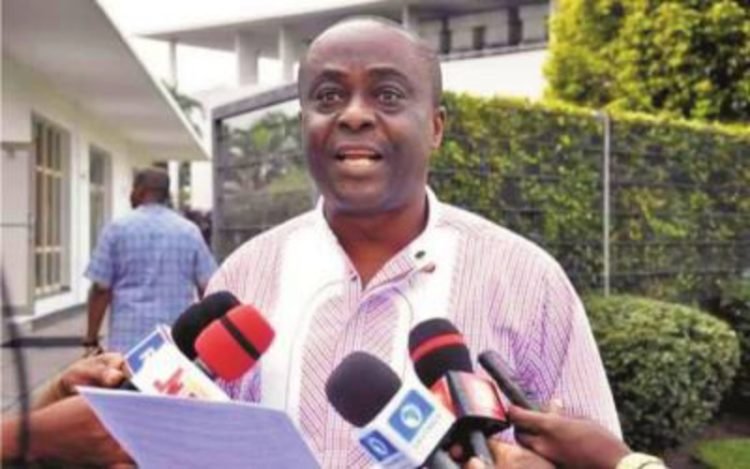The World Bank has said Nigeria’s ongoing economic reforms under President Bola Tinubu’s administration are beginning to yield positive macroeconomic outcomes, though the benefits are yet to reflect in the living standards of most Nigerians.
This was contained in its latest Nigeria Development Update (NDU) report, titled “From Policy to People: Bringing the Reform Gains Home,” released on Wednesday in Abuja. The report evaluated the country’s economic performance and identified key policy priorities needed to ensure that the current reforms translate into inclusive and sustainable growth.
According to the World Bank, Nigeria’s economy grew by 3.9 percent year-on-year in the first half of 2025, up from 3.5 percent during the same period in 2024. The growth was attributed to stronger performances in services and non-oil industries, alongside improvements in oil production and agriculture.
The report further noted that Nigeria’s external position had strengthened, with foreign reserves surpassing $42 billion and the current account surplus rising to 6.1 percent of Gross Domestic Product (GDP).
Fiscal indicators also showed improvement, with the federal deficit remaining broadly stable at 2.6 percent of GDP despite lower oil prices. Public debt was projected to fall from 42.9 percent to 39.8 percent of GDP — marking the first decline in over a decade.















